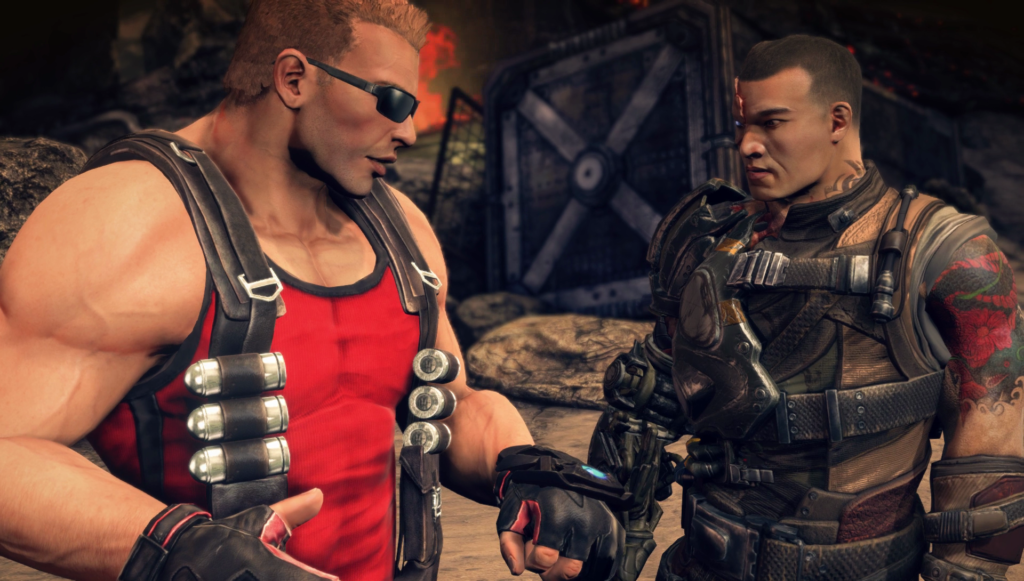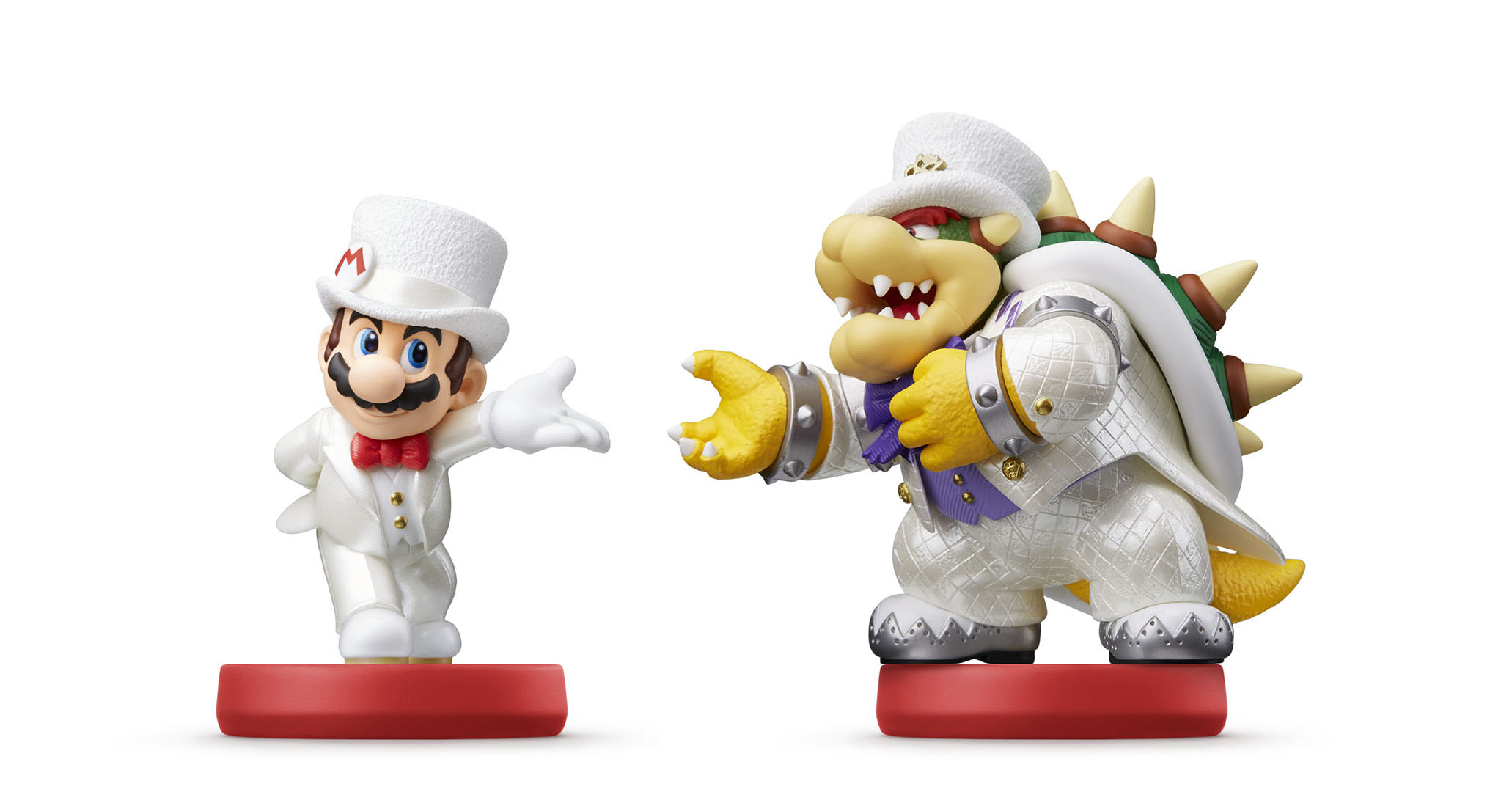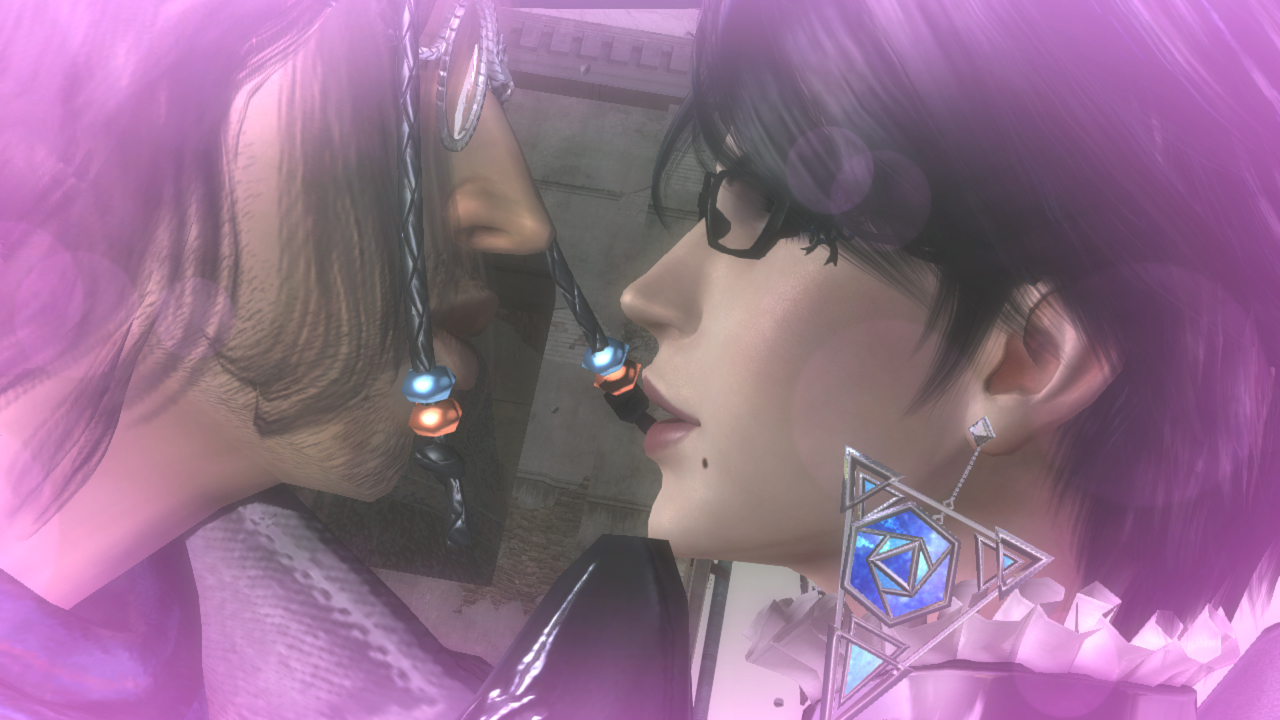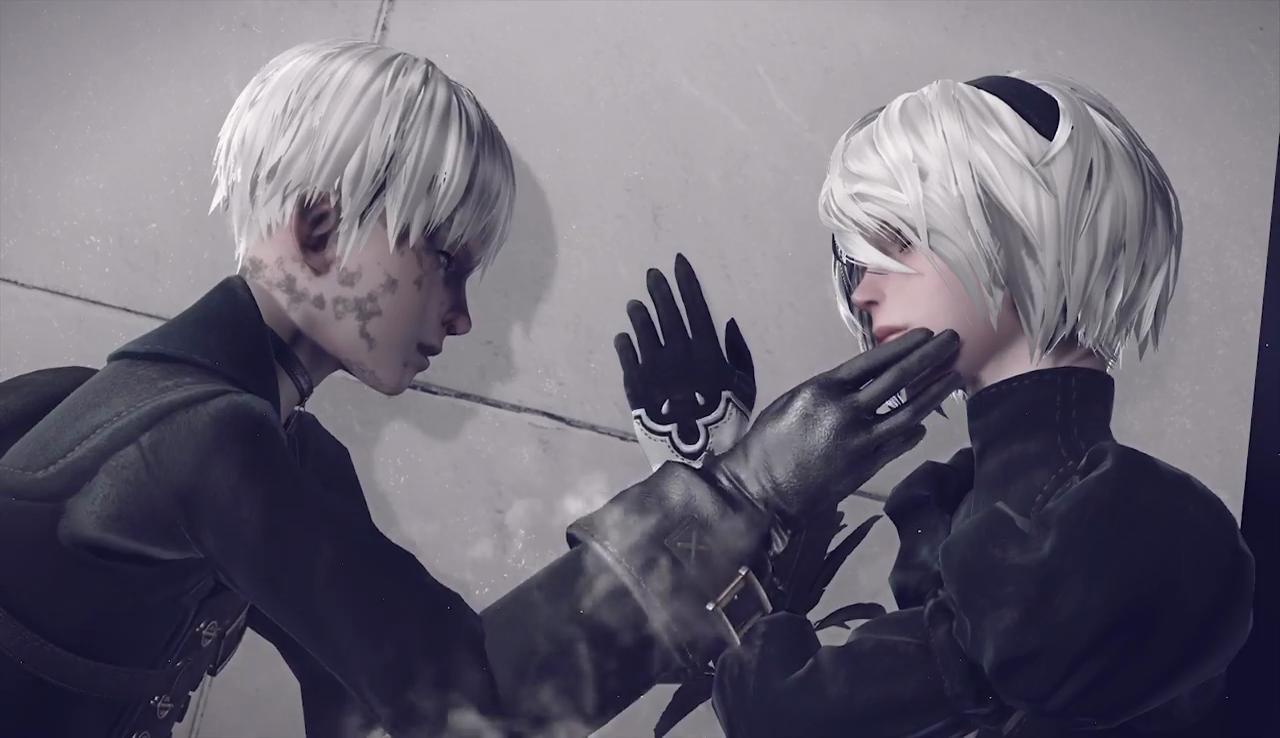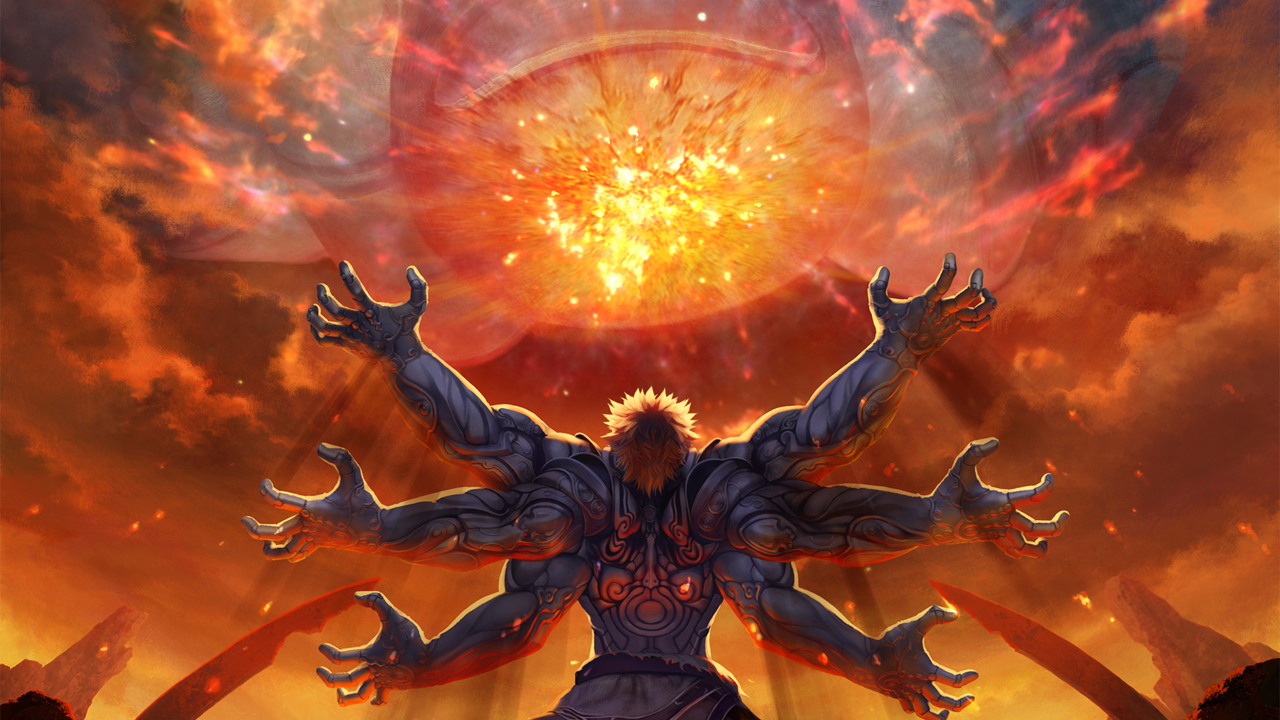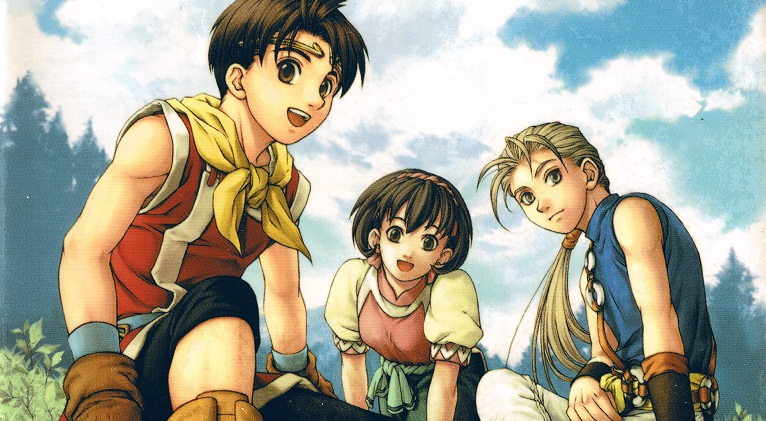This is an editorial piece. The views and opinions expressed in this article are those of the author and do not necessarily represent the views and opinions of, and should not be attributed to, Niche Gamer as an organization.
When I started Niche Gamer years ago, it was basically the fever dream that came from a hot and miserable summer night. That night, I stopped myself from posting breaking gaming news to social media.
“What am I doing?”, I said to myself. I realized how tired I was with the majority of gaming sites, and I wanted to make a gaming site run by gamers, for gamers. Simple, right?
Traffic for Niche Gamer steadily picked up, we started growing a regular audience, and then #GamerGate happened.
It was a massive fissure in the pop-gaming culture universe, and at first glance, both myself and our staff weren’t immediately sure what “side” to take.
A thorough investigation confirmed to us that at its core, it was a pro-consumer movement, people that were also tired of the lazy and or embarrassing mainstream gaming media.
An entire industry built around the simple concept of being enthusiast journalists and critics – and they took that power for granted, shoving figurines up anuses for easy shock clicks. It made no sense.
The vast majority of mainstream gaming websites pushed a concentrated, highly focused campaign against this consumer revolt – the “Gamers Are Dead” statement.
This, in essence, was a strawman argument to remove the longstanding concept of a video game hobbyist identifying simply as a “gamer.” Despite us covering GamerGate before this in numerous ways, I’ve never made this kind of statement:
Gamers will never “die,” they were and still are both sick and tired of your bullshit attempts to demonize them. Just stop it, and stop embarrassing yourselves.
Journalists didn’t like being called out, and they framed their accusers as misogynists, neo-nazis, harassers, and so on.
The irony was I met tons of women and or people of color from GamerGate, and regardless of their background – everyone was tired of the bullshit mainstream gaming journalists were pushing.
The widespread response from gaming journalists and critics to a call for better standards solidified the bullshit into iron turd nuggets.
If anything, since then we’ve only seen these failed journalism major graduates and cultural bloggers double down on their nonsense. Discussion of these clear problems has ceased, and folks in the industry simply want it to go away.
Here’s the problem: the embarrassing journalists and critics that were revealed and confirmed to have an axe to grind, on their opponents, still have venues to post hit pieces.
They still have columns to fart out the latest “Top 10 Amiibos For Anal Expansion” features. They can still go wild and no one will truly call them into question.
There have been attempts to provide more ethical alternatives to industry practices or services that have raised concerns, like Open Critic for better game review aggregation.
There’s also DeepFreeze, a database that aggregates confirmed or possible ethical concerns or breaches of ethics from gaming journalists and or critics.
Ultimately, I don’t think anything will majorly change in the industry coming from what GamerGate tried to accomplish. Gamers were largely ignored by the mainstream journalists and critics save when they needed some easy clicks, and the industry chugged along as if nothing happened.
However, a large swath of gamers are now extremely mindful of where they browse for content.
It’s this shift in audiences that has made some mainstream websites lose huge chunks of traffic and therefore, income. Some of these websites have even laid off numerous staff, and others have shut their doors entirely.
An awakening happened, with the majority of gamers refusing to browse sites that push for those outrage clicks. Oddly enough, most gamers just want to have fun.
I’ve long championed the concept that the ultimate goal of any video game is to just be “fun,” something that is easily grounds for another editorial.
What you find to be fun is inherently subjective, however, most gamers just want the folks reporting on or critiquing games to be knowledgeable, professional, fun, and of course – gamers themselves.
To recall my previous editorial, I made a pretty firm statement that most of these armchair warriors don’t actually play video games themselves, nor do they really care about them or the industry.
A good example of this is Kotaku getting blacklisted from game developers because they regularly fart out leaked, embargoed materials. They rely on shock clicks and not solid, ongoing, reporting.
We all make mistakes in the world of games journalism or critiquing – however, it’s clear who the usual suspects are when it comes to the reliance on yellow journalism.
From now on, you’re making a massive difference by supporting other websites that regularly put out good content that bridges that gap between game dev and gamer. That’s all we’re here for, but some forget that.
Lastly, there’s a regular thing in politics or mainstream, non-gaming media, where the moment a person who plays video games does bad things, they immediately default to video games being the vehicle that brought about their madness.
This is another strawman. When you consider video games are so popular now (they earn more in revenue than movies and music do combined) it simply makes zero sense to conflate a harmless hobby with say, murder.
When you combine outsiders scapegoating video games and gamers for an easy target in the wake of tragedy with people who clearly don’t want to work in video games yet get stuck writing about them, the consumer – the gamer – is the victim.
Whether you identify as a “gamer” or not, you have rights as consumers and you should take your business only to places worth your time and your views.
I don’t want to tout our horn too much, however, know that we continuously strive to be better, write better, and cover games better. We do this by listening to you and learning as we go.
None of us went to school for journalism, all of us simply love video games and want to write about them. We have no desire outside making the games industry better, to find those fun and “good” games.

